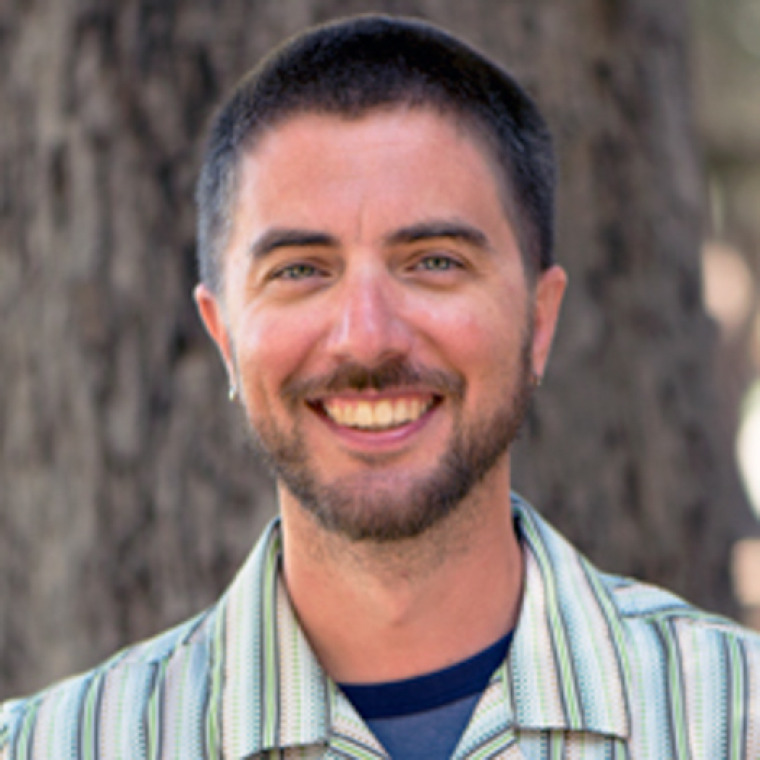Ben McMahan

Faculty Fellow 2017-2019
Ben McMahan engages with local communities to better understand their perspectives and concerns regarding climate and environmental risks and to explore solutions that decrease environmental risk and social vulnerability. His work is based on community engagement in research and outreach as a way to provide more effective paths to move the needle on these persistent challenges.
McMahan’s research includes documenting the risks and effects of climate extremes in the Southwest, and assessing the role these risks play in driving social and environmental vulnerability. He is also responsible for developing collaborative research opportunities and outreach materials at the Climate Assessment for the Southwest (CLIMAS), where he also produces the monthly Southwest Climate Outlook, the Southwest Climate Podcast, and is the online editor for CLIMAS’ blog - Southwestern Oscillations.
McMahan’s previous research was on hurricanes and disasters on the US Gulf Coast, where he focused on people and their relationship to the local environment, risk perception and landscape changes during and after disaster, and social network and policy responses to the acute threats of disaster; as they layer onto long-term social and environmental issues. McMahan was also a key contributor to UA Bureau of Applied Research in Anthropology (BARA) collaborative research on the social, economic, and environmental impacts of the US Oil and Gas industry (2007-2011), and the aftermath of the Deepwater Horizon oil spill (2010-2014).
Current work as the Haury Faculty Fellow
“The Haury fellowship is helping me build a small portfolio of project partnerships that emphasize community participation in research on climate/environmental risks. My first project partnership is a citizen science temperature, pollution, and environmental monitoring network in Ambos Nogales, that focuses on community perceptions and understandings about their local environment. By engaging with residents, educators, and students, I aim to learn more about the issues facing the community, build awareness about the causes and challenges, and empower residents to learn more about these risks, communicate their concerns about what they discover, and take action to enact change that might reduce risks and exposure. I look forward to collaborating on this effort with Diane Austin at UA, and the ARAN network in Nogales (Asociación de Revegetación en Ambos Nogales), to strengthen the research-community connections vital to meeting challenges in climate, pollution, land-use change, and risks to communities from these challenges.”
McMahan’s work will also provide opportunities to more effectively visualize data – to better communicate environmental impacts and scientific findings.
